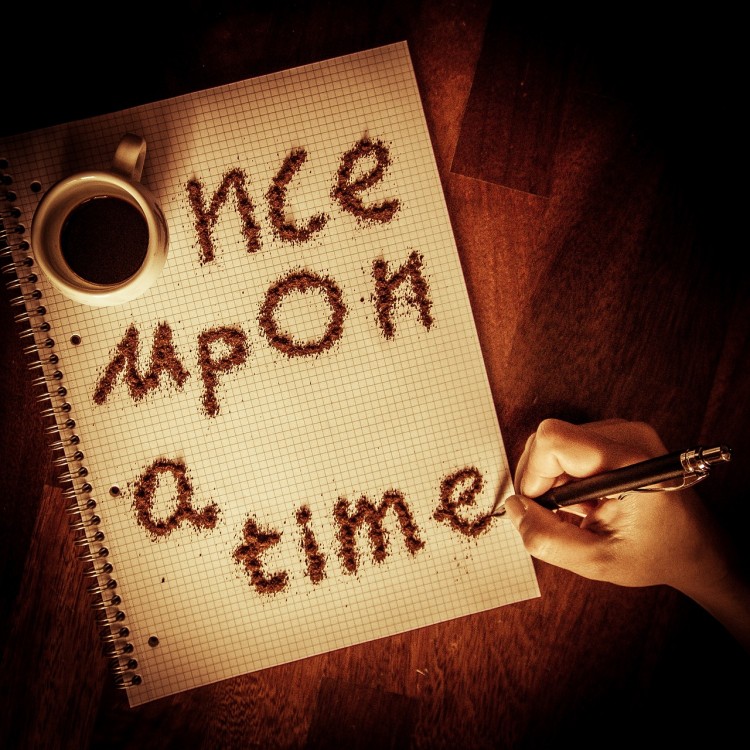A History of Coffee Haters – The 5 well-known attempts to ban coffee in history

According to this article, Americans drink an average of 3.2 cups of coffee per day. It has been recorded that over 50% of Americans over the age of 18 drink at least one coffee every day, which amasses to over 50 million daily drinkers! Data Hero explains that, based on average cups per day per capita, the Netherlands consume the highest amount of coffee, followed by Finland and Sweden. As a product that is enjoyed world-wide on a daily basis, coffee has quite the following. However, it wasn’t always this way.
When coffee was first discovered, many were unsure about its energizing properties. Many were swayed to forbid that their people drink it, but it didn’t always last very long. There are 5 times in history that coffee was forbidden to be consumed. Can you imagine coffee being illegal?
Let’s take a look at these monumental times when coffee prevailed:
MECCA, 1511
Coffee was first discovered in Ethiopia, and gradually made its way into other parts when it began to become popular. Sufis would use the source to stay awake for long periods into the night, so that they could continue to work on their prayer. Once traded with Yemen, the coffee beans made their way into Mecca in the 1400s and were associated with Sufism. Once coffee made its way into Mecca, it was frowned upon by the corrupt governor Khair Beg, who feared it would encourage his opposition to de-throne him.
The orthodox imams of the court banned coffee, and it became forbidden for its controversial stimulating effects. In 1524, an order of the Ottoman Turkish, Sultan Selim I overturned the ban, along with the Grand Mufti Mehmet Ebussuud el-imadi, who issued a fatwa (a ruling against an Islamic law) which allowed for coffee to be consumed again.
ITALY, 1500s
When coffee arrived in Europe, many tradesmen would only offer the coffee beans to those who were wealthy. Clergymen were intimidated by its effects, and looked to have it banned for being “Satanic.” However, the effective pope of the time, Pope Clement VIII, tried the beverage and found it to be very pleasing. He declared that coffee should be baptized and henceforth consumed by all walks of life, not just the wealthy. Once his blessing was declared, coffee houses became increasingly popular in the country.
MIRAD IV, 1600s
Mirad IV was the Sultan of the Ottoman Empire from 1623-1640. He took over the throne when he was only 11 years old, but it was said that he was brought to power by conspiracy. Mirad IV was known for his harsh ways of instilling the law, and one of his most unpopular motions was to ban coffee, alcohol, and tobacco in the city of Constantine.
It was said that he would travel the streets dressed as a commoner looking for the law breakers, and would enforce harsh punishment if civilians were found drinking the illegal beverages. Punishments were as harsh as execution for drinking coffee and spirits.
SWEDEN, 1746
Coffee continued to make its way around the globe, and most reacted positively to its flavors and effects. There were, however, still rulers who were unsure of the beverage, and who wanted nothing to do with it. Ruler Gustav III felt that coffee had negative health effects, and sought to cut its consumption and prove its negative properties on the body.
In 1746 a royal edict made coffee and tea illegal to consume, due to what Gustav thought was increasing misuse and excessive drinking. Despite coffee and all coffee paraphernalia being banned, consumption still continued, regardless. At one point, Gustav had jail guards use inmates for experiments, to see whether excessive coffee would have negative effects on their health, which never proved anything that would support Gustav’s cause.
In 1794, the government tried again to ban coffee and, again, multiple times thereafter; however, the law never seemed to stick.
PRUSSIA, 1777
Frederick the Great was the King of Prussia from 1740-1786. In this time, he felt that coffee was causing too much money to leave the country, and instead wanted his people to drink their beer. His argument was that he himself and all of his predecessors were raised on beer, and so his people should do the same.
Frederick went as far as to claim that he wanted people to drink the beer for breakfast; however, the idea did not stick. Regardless of his aims to ban coffee, the people loved it too much and continued to drink it in large amounts. Long live coffee.
Over time, coffee has continuously won the battle against Kings and Lords who tried to remove it from their kingdoms. Clearly, the taste and effects of coffee were just too delicious for the coffee drinkers of our past to give up! Have you ever wondered why coffee tastes and smells so good? This article takes a scientific look at why we might be so intrigued by a good cup of joe.
If this article makes you crave what it forbidden, then take a look at all of our great products now.

No Comment